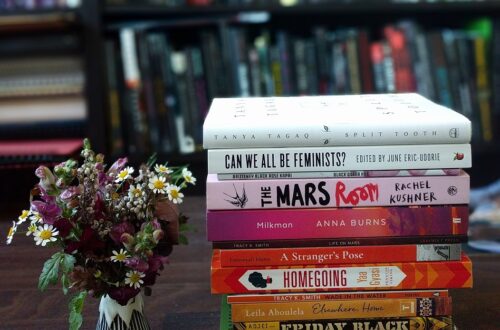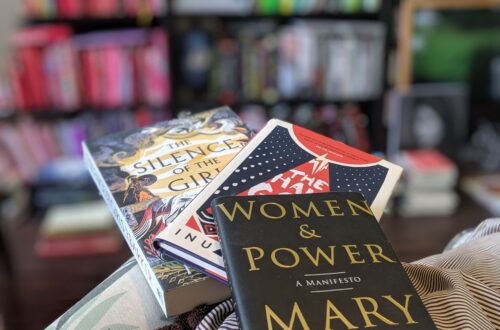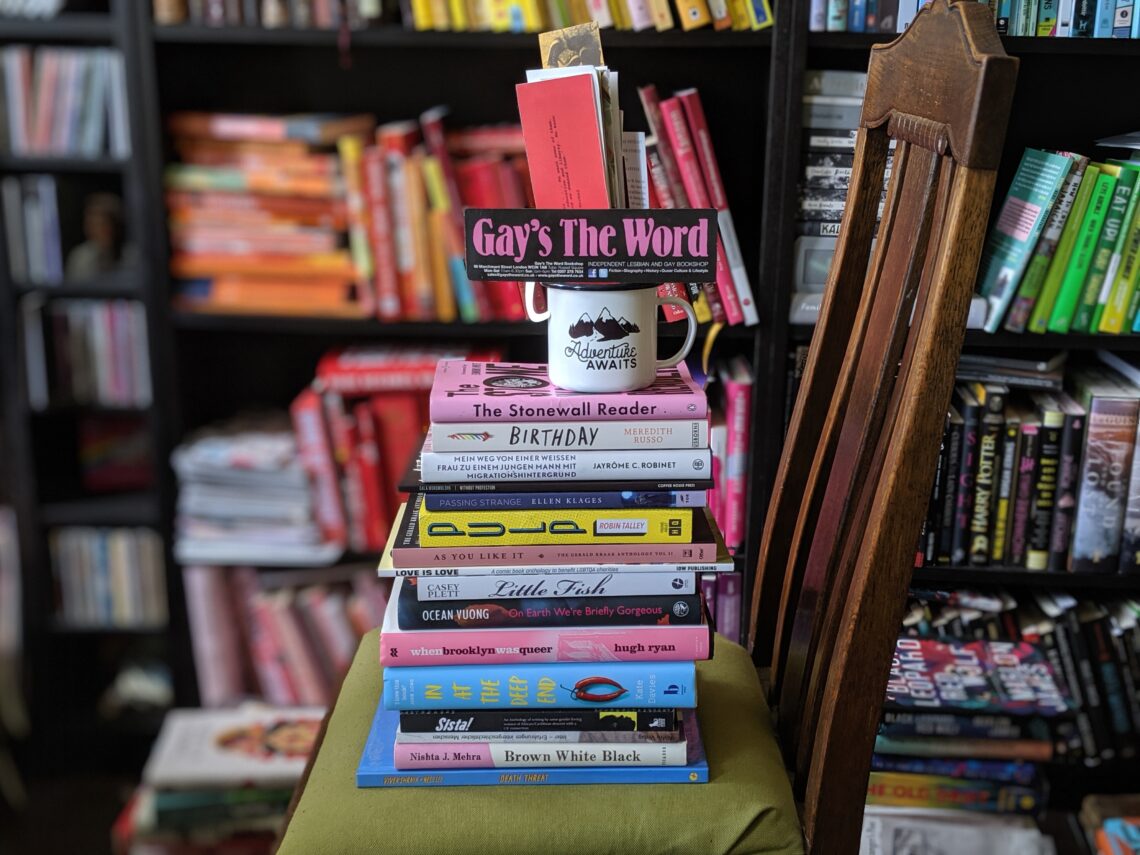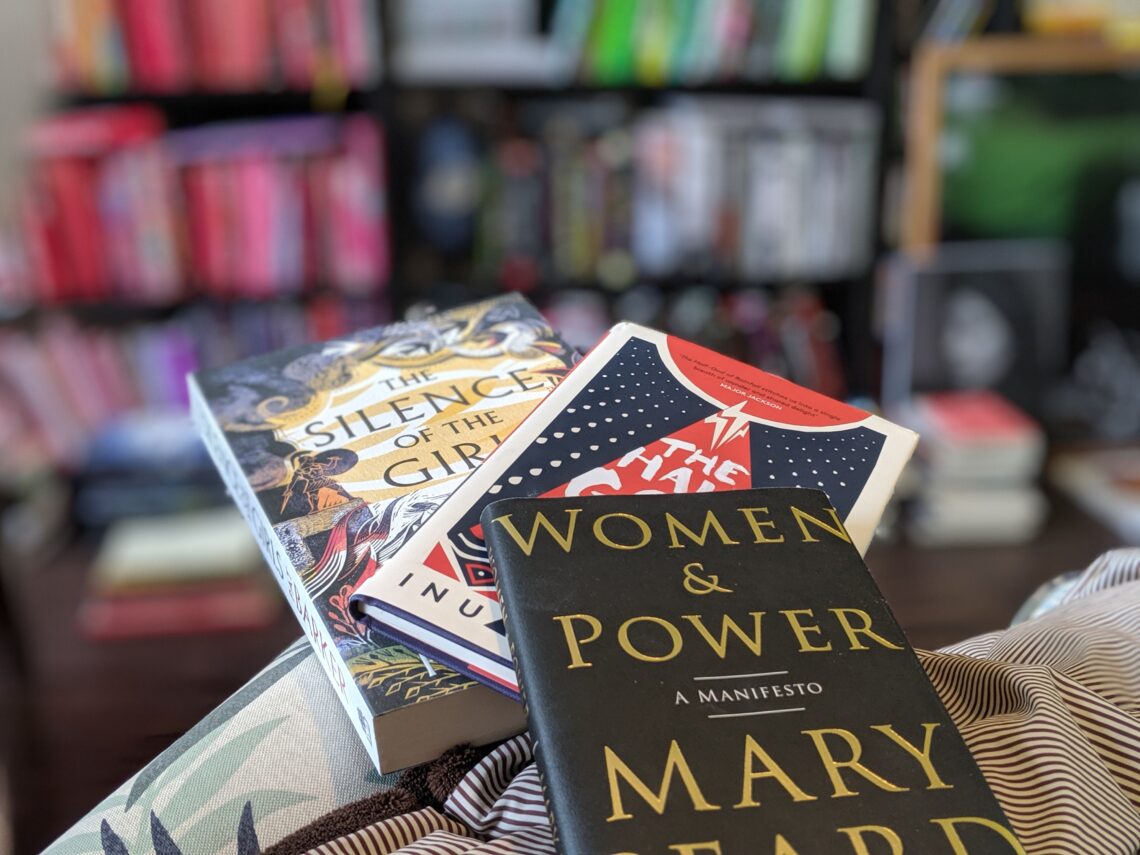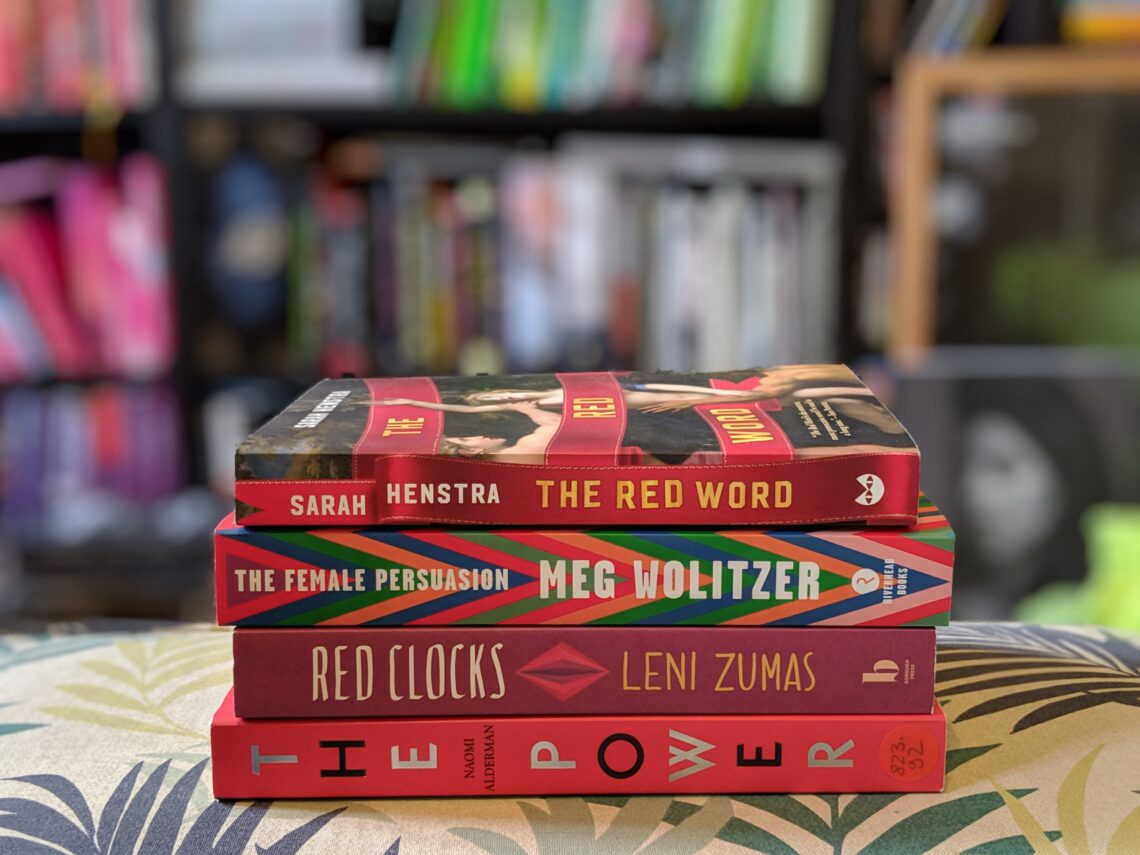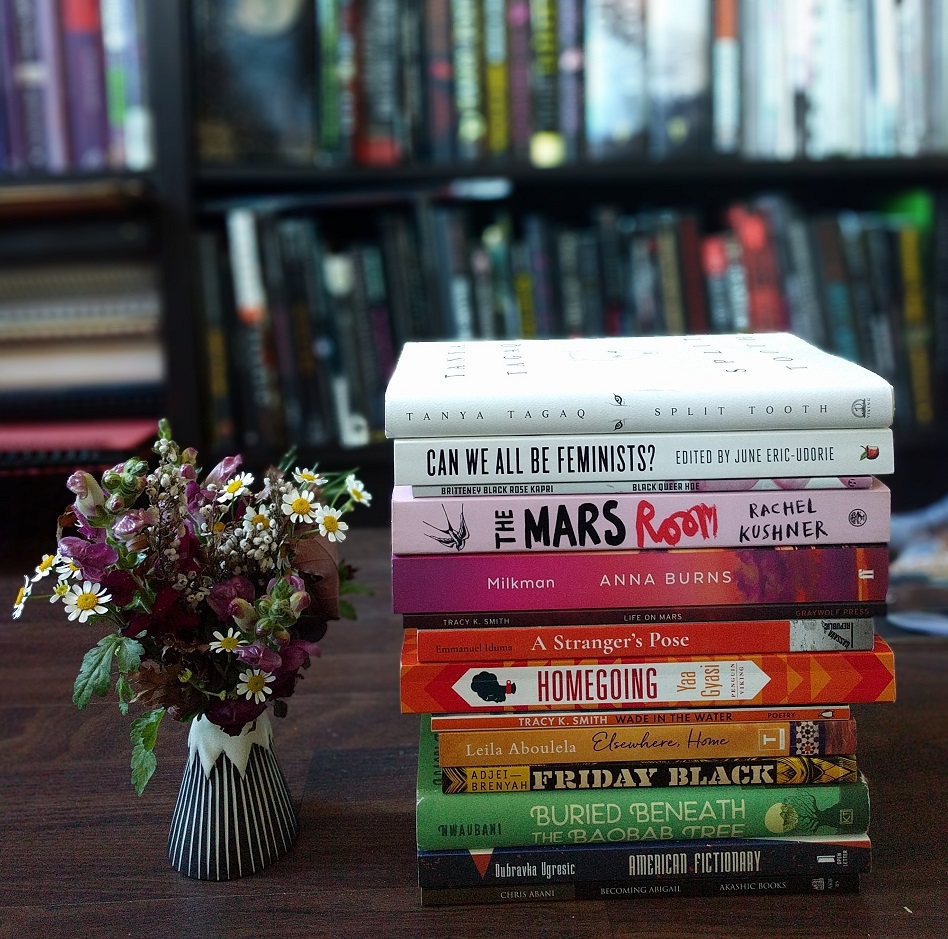-
#ReclaimHerName – or maybe don’t?
In 1939, Ann Petry published her first short story “Marie of the Cabin Club” though the name “Ann Petry” was not listed as the author, instead, it was “Arnold Petry”. Like her, throughout history, women have taken on masculine pen names in order to publish their writing in a sexist and misogynistic (publishing) world. To celebrate its 25th birthday the Women’s Prize for Fiction has put together a box of books by authors who had been published previously under masculine pen names. In these new editions, their (supposedly) ‘real’ names are used. The cover designs – all by female designers – look striking and many people have been fanning over…
-
Why I Don’t Read White Men And You Do Not Need To Either
The new year is barely four days old and it is still that time of the year in which people think about their New Year’s resolution. (Hopefully) Many readers might say to themselves that in 2020 they really need to read “more diversely”. I am not a fan of the term itself – though this would warrant a blog post of its own – but basically it is a shorthand for reading more books by historically marginalized authors, especially BIPoC authors. Some might go so far and vow to not read white men at all. If you are out here on the Internet stating either of these things you might…
-
A Month of Reading Exclusively Queer Literature – 50 Years After Stonewall
On the night from the 27th of June to 28th of June 1969, police raided the Stonewall Inn at Christopher Street in New York City. The raid sparked resistance and a revolt against police violence over the following days. The exact sequence of events from these days and especially of the early morning hours at the 28th is difficult to retrace today. Even though, it is important to note that the riot involved prominently BPoC trans women and drag queens, sex workers, butch drag kings etc. Morgan M Page, writer and host of the trans history podcast One From the Vaults, writes in her article “It Doesn’t Matter Who Threw the…
-
Brilliant Achilles, shining Achilles – Greek myths, women’s voices, and colonial violence
In “The Public Voice of Women”, the classicist Mary Beard writes about a text by Aristophanes: “Part of the joke was that women couldn’t speak properly in public – or rather, they couldn’t adapt their private speech […] to the lofty idiom of male politics”. Beard examines in her text how (Western) ideas about public speech and debate are infused with ideas (“conventions and rules”) developed in ancient Greece and Rome. Analyzing exemplary texts, she argues that public speaking and oratory was not only a practice women were barred from but even more so “exclusive practices and skills that defined masculinity as a gender”. When I read through her analysis,…
-
The Great White Feminist Novel
On November 28th, Margaret Atwood wrote a tweet which excited many. Thirty years after the publications of her seminal dystopian novel The Handmaid’s Tale (and during its successful run as a TV series), Atwood announced that she was writing a sequel: The Testaments will be published in September this year. It seems to be a good time for grand feminist novels which do not hide their feminist themes but make them front and centre. In 2017, Naomi Alderman won the Women’s Prize for Fiction with her dystopian novel The Power in which teenage girls gain physical power and power relations start to shift. Last year, Meg Wolitzer published The Female Persuasion, a 450-pages long examination of different…
-
Is it really a difficult read?
When Anna Burns’ novel Milkman won the Man Booker Prize last year the tone it would be talked about in the coming months was set at the ceremony. Kwame Anthony Appiah, the head of the jury, called the book “challenging” and went on: “I spend my time reading articles in the Journal of Philosophy so by my standards this is not too hard…[I]t is not a light read [but] I think it is going to last.” Since then I have seen this sentiment echoed in many reviews – often as one of the first things which are said about the novel. The book is referred to as a “tough read”…




